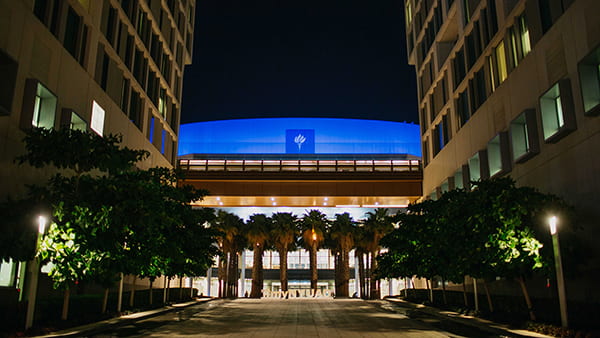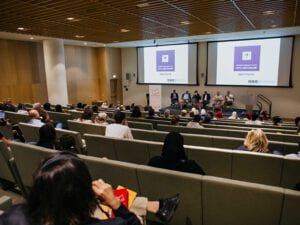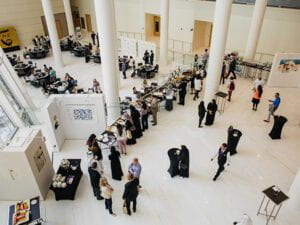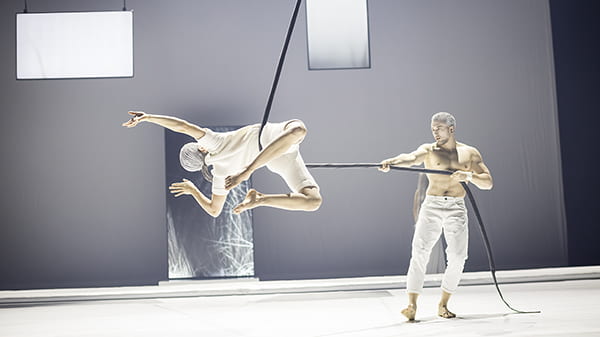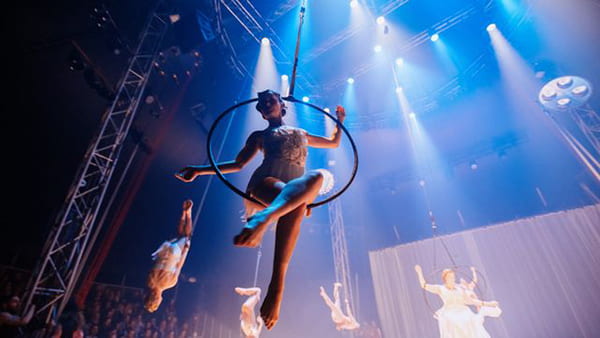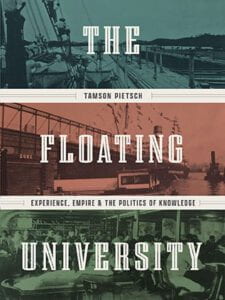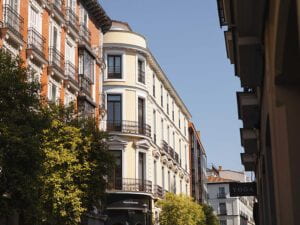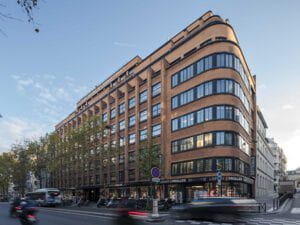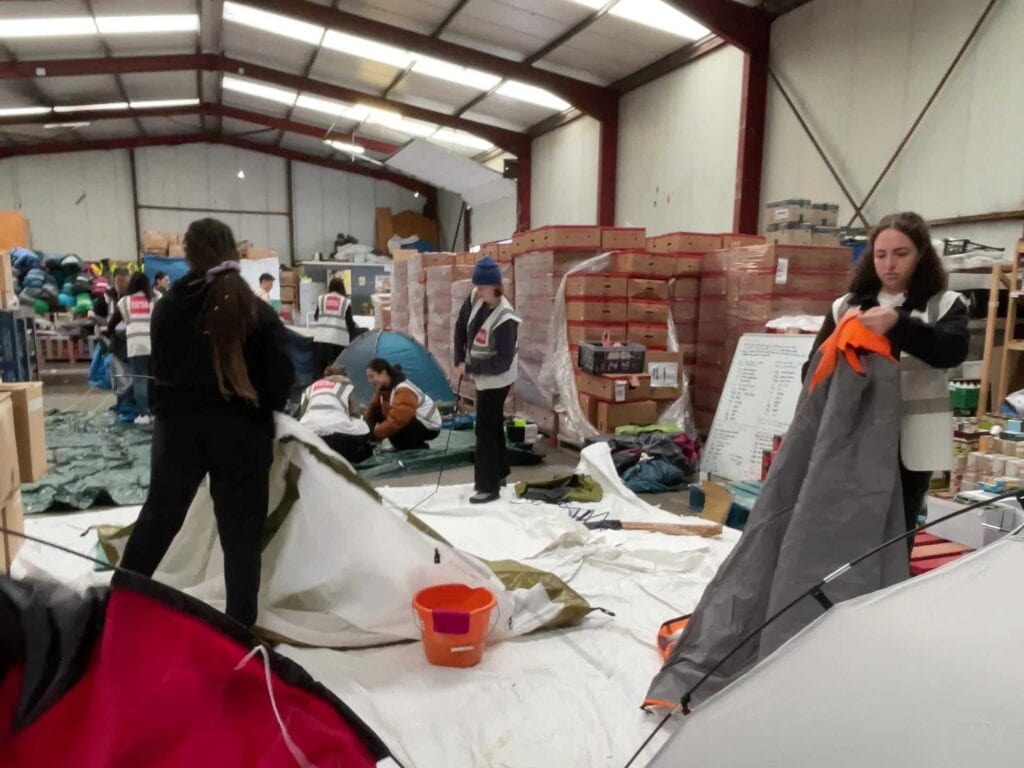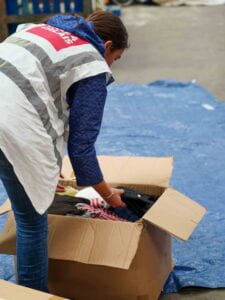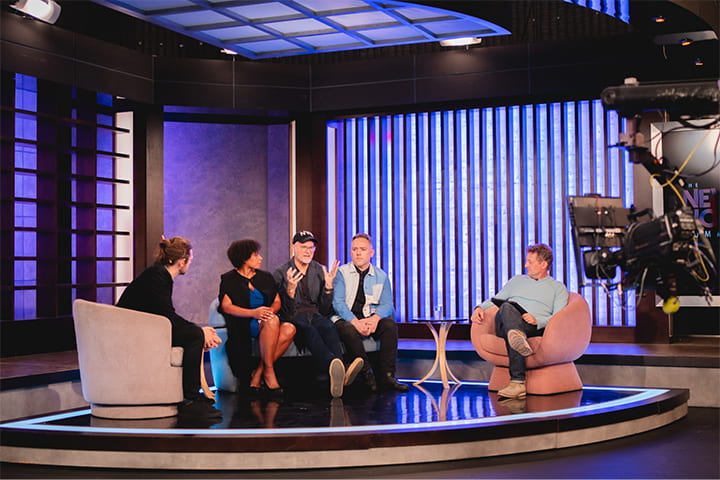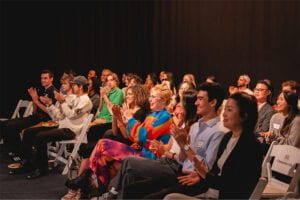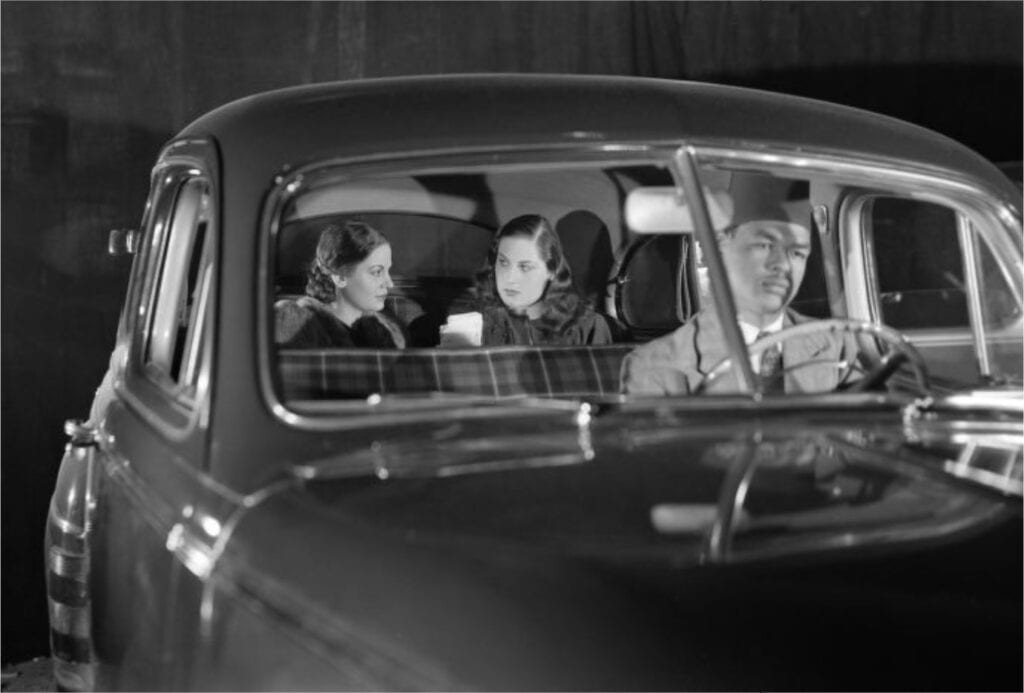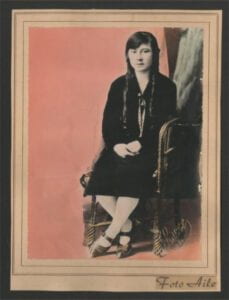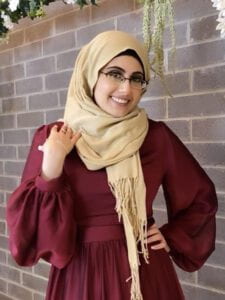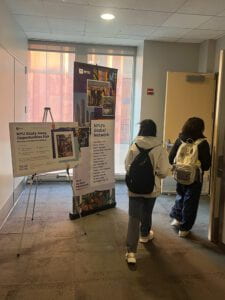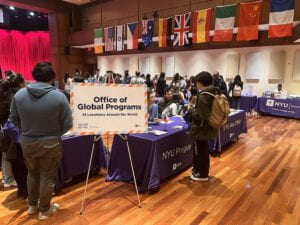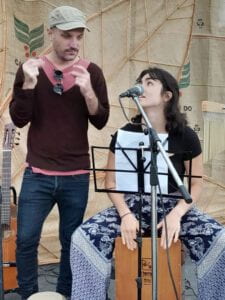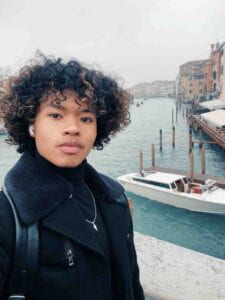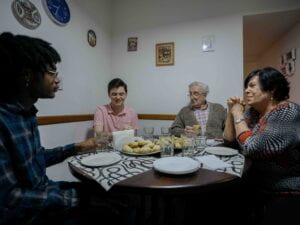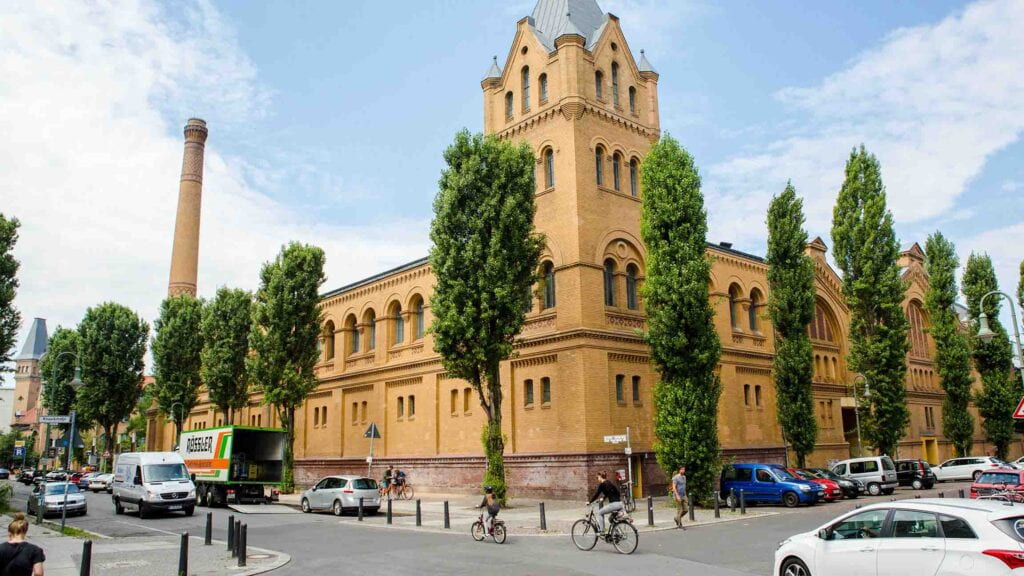
One of NYU Berlin’s academic centers is located in the Kulturbrauerei complex, pictured here.
Cecilia Bien, a Global Research Initiative Fellow in Berlin, discusses the differences and similarities between two cosmopolitan art scenes, Berlin’s and New York City’s, as well as her thoughts on what makes art considered art with Nina Katchadourian, a clinical professor on the NYU Gallatin School of Individualized Study faculty.
Their conversation has been condensed for clarity.
Cecilia: I’m interested in what is not yet framed as art. I’m interested in attitudes, the impulse. I am thinking about how to show “marginal” work in a contemporary context without the feeling of it being used for representation or shown in a way that has to be overexplained.
Nina: When you compare Berlin to New York City, what are the differences or similarities you see in fashion, style, or haircuts, for example, or how people walk down the street?
Cecilia: Reference to club culture doesn’t happen the same way in New York City as it does here. Fashion in Berlin subscribes way less to trends in favor of individuality—even if it’s ugly. I find that refreshing because maybe it means that the hierarchy of taste is always being questioned.
There are different codes here. A lot of the styles in Berlin seem to be more lived. I also see how subcultures can complicate expectations of diasporas. On the flip side, I feel like a lot of what gets absorbed by the cultural industry in Berlin is appropriated from what’s been happening for a while in New York City.
Nina: We’ve talked in a lot of different contexts about when something from the periphery gets absorbed into the mainstream. I think you have a good antenna for this and that it’s deeply interesting to you. How can you tell when something like this is happening?
Cecilia: Recently, I’ve been focusing on when and why certain tastes change. When an incisive political message gets diluted, the aesthetics attached to it become normalized. I think about what the term “diasporic aesthetics” means to people who understand things through representation. Diaspora is so layered and complex, but it seems to be becoming a euphemism for a certain kind of woke taste different enough from the norm but only with a certain kind of difference being accepted. It cannot feel bourgeois, but it must be digestible though not necessarily understood, and it must be appreciated without being deemed “trashy.” When I hear such aesthetics embraced as “beautiful,” I wonder what makes them so and which cultural tides had to change or switch course for them to be considered that way.
Nina: I’ve always known you as someone who thinks from two positions: a maker and a critical analyst of systems and institutions. When you think from those two positions, does one enhance the other? I know you’ve recently done some work as a curator. Do you think curating is a type of making?
Cecilia: I think it can be because it’s a way to conceptualize the making of an idea. I guess curating is also the making of an exhibition or the making of an argument. That said, making an exhibition about a so-called diasporic group does not count, for me, as the making of an argument. For example, I am no longer an Asian American outside of America. At least, this is how I feel I am perceived here. There are countless versions and political positions and reasons why people move from place to place, so how can you group them all by a prescribed cultural background? It’s quite superficial and certainly not enough to base a concept on.
Nina: What are some examples of an exhibition addressing a “vague diaspora,” and when do you think it works and when do you think it doesn’t?
Cecilia: A lot of times these exhibitions are accompanied by super research-based texts, which I often have a hard time with even though I also write some myself. Sometimes, I’m not sure what the relationship should be to the artwork, like whether it should exist in parallel as a complementary work or whether it should walk the viewer through, because a lot of times it is hard or impossible to place the work in an art historical context or within a canonical framework, which is what many viewers going to a museum or institution might expect. And still, the curatorial choices for non-Western art are also often from a Western-educated lens.
So these rather heavy-handed texts might be trying to contextualize the works in a new temporality but often come off as dry justifications of why the work is allowed to be there. There’s something slightly insecure in the overcompensation, and it feels a little like it’s not completely sure of what it should be doing.
At the moment, I work at an archive that is a collection of people globally reacting to and rejecting the canon and art history, a global network which came to be called Fluxus. In Prague Milan Knížák’s Aktual Walk considers everything between how to wear a garment and walk down the street to how to interact provocatively. This kind of work is impossible to pin down as an art object, as something that can be placed in a museum, or something understood purely by looking.
So it’s interesting to try to give these works significance without placing them in categories structured by a hierarchical order. Every day, we deal with questions of how to contextualize collective action outside of art history, how to show what is not necessarily called art, as art, and whether we should do it at all when most of what was created was ephemeral and meant for impermanence. But I still want to curate a show with Knížák’s drawings and sketches and correspondences between the artists in the collection as a way to show the very attitude that we’re talking about right now.
Repurposed and edited with permission by the NYU Berlin blog
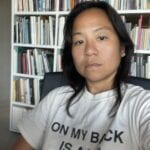
Cecilia Bien
Cecilia Bien writes and organizes programs in Berlin, for artists as well as para-institutions such as SAVVY Contemporary and Archivio Conz, a Fluxus archive. Previously working in applied art and fashion contexts in New York City, she came to Berlin to complete studies in art and cultural theory, recenter her critique of dominant narratives, and understand her own subjectivity outside of an identity politic tied to living in the US. Her current practice concerns diasporic aesthetics and situating play, chance, and community coming from the periphery in the context of art.
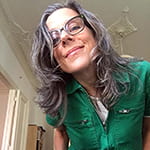
Nina Katchadourian
Nina Katchadourian is an interdisciplinary artist whose work includes video, performance, sound, sculpture, photography and public projects. Her video Accent Elimination was included at the 2015 Venice Biennale in the Armenian pavilion, which won the Golden Lion for Best National Participation. In 2016 Katchadourian created Dust Gathering, an audio tour on the subject of dust, for the Museum of Modern Art. A traveling solo museum survey of her work entitled Curiouser opened in March 2017 at the Blanton Museum of Art and toured to the Cantor Art Center at Stanford University in fall 2017. It will conclude at the BYU Museum in Provo, Utah in March 2018. An accompanying monograph, also entitled Curiouser and edited by curator Veronica Roberts, is available from Tower Books. Katchadourian’s work is public and private collections including The Metropolitan Museum of Art, Blanton Museum of Art, Morgan Library, San Francisco Museum of Modern Art, Margulies Collection, and Saatchi Gallery. She has won grants and awards from the New York Foundation for the Arts, the Anonymous Was a Woman Foundation, the Tiffany Foundation, the American-Scandinavian Foundation, and the Nancy Graves Foundation. Katchadourian lives and works in Brooklyn and she is a clinical professor on the faculty of NYU Gallatin. She is represented by Catharine Clark Gallery, San Francisco, and Pace Gallery, New York.
